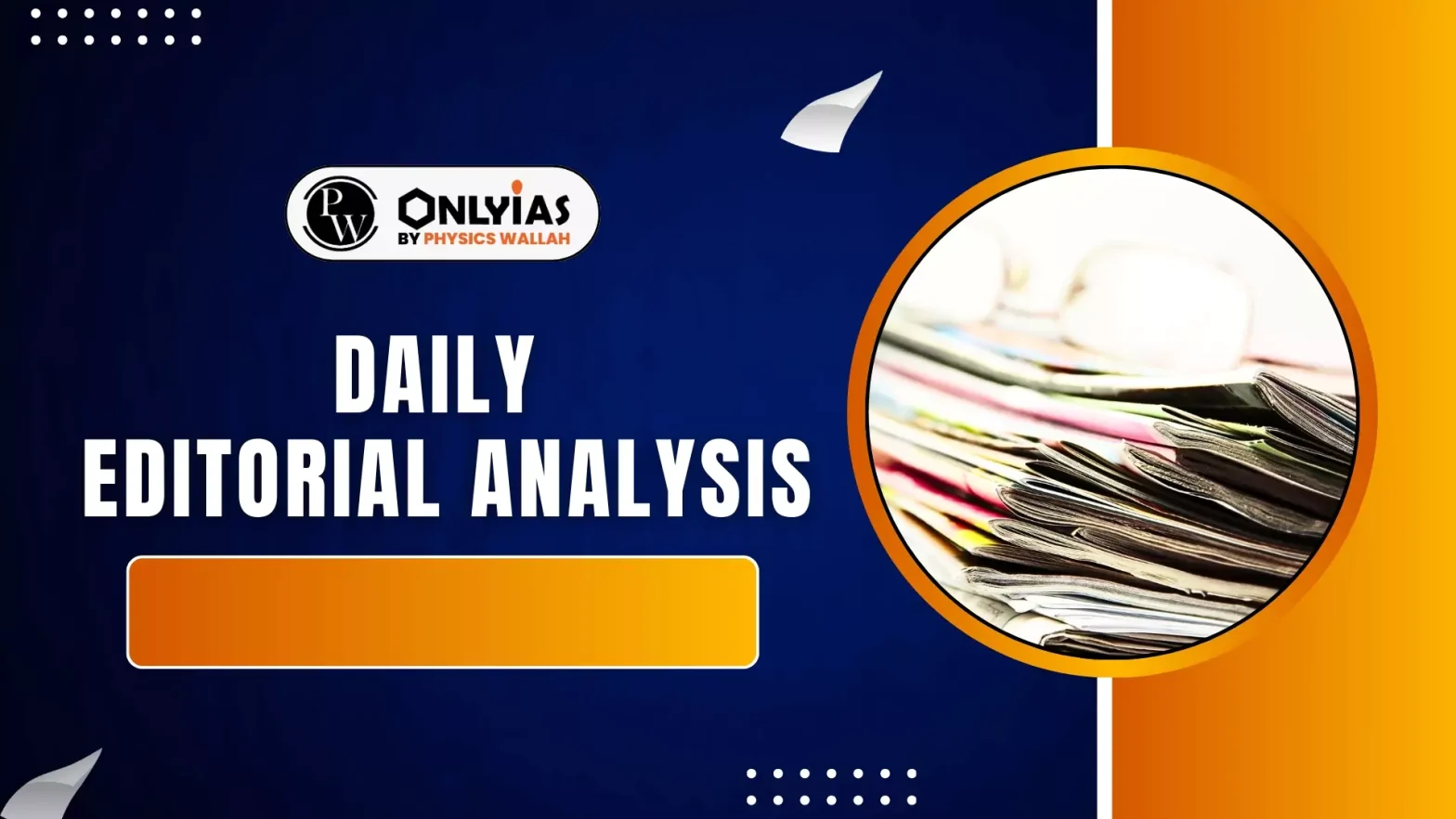A conflict has emerged over implementation of the PM SHRI Scheme, raising questions about cooperative federalism and state autonomy.
About PM SHRI Scheme
- Objective: Convert 14,500 schools into model schools aligned with the National Education Policy (NEP).
- Type of Scheme: It is a Centrally Sponsored Scheme requiring state participation through Memorandums of Understanding (MoUs).
- Centrally Sponsored Schemes (CSS) are programmes shared between the Centre and the States, where the funding pattern varies (commonly 60:40, 90:10 for special category states).
- They aim to implement national priorities through state-level execution, covering key sectors like health, education, agriculture, and rural development.
- Implementation Mechanism: Operates through the Samagra Shiksha Scheme funding framework.
Reasons For States Opposing the PM SHRI Scheme
- Ideological Concerns: Opposition-ruled states allege NEP carries communal and anti-scientific bias.
- Federalism Argument: States argue that education is a Concurrent List subject, and the Centre is imposing unilateral policies.
Tamil Nadu’s Stand on Implementation of PM SHRI Scheme
- Refusal to Implement: Tamil Nadu outright rejected the PM SHRI Scheme and the NEP, stating that the Centre cannot dictate state education policies.
- Financial Blackmail Allegation: Following this refusal, the Centre withheld funds under the Samagra Shiksha Scheme, indicating that without signing PM SHRI, states may not receive existing education grants.
- Legal Response: Tamil Nadu approached the Supreme Court, claiming that linking existing education funds to the acceptance of a new scheme amounts to financial coercion and violates the principle of cooperative federalism.
Kerala’s Approach On PM SHRI Scheme
- Initial Opposition: Kerala, like Tamil Nadu, initially opposed both the PM SHRI Scheme and the National Education Policy (NEP) on ideological and federalism grounds.
- Forced Compromise: Despite this, the state eventually signed the MoU with the Centre, not out of policy agreement but out of concern over losing central funds.
- Missed Legal Recourse: Critics argue that Kerala could have legally challenged the Centre’s move, as Tamil Nadu did, instead of yielding under financial pressure.
- Limited Added Value: Given Kerala’s already high enrolment rates, strong learning outcomes, and modern school infrastructure, the PM SHRI scheme offers little additional benefit to the state.
Concerns Regarding Implementation of PM SHRI
- Use of Financial Leverage: The Centre is accused of linking the release of Samagra Shiksha funds to the acceptance of PM SHRI, using funding as a tool to enforce compliance with central schemes.
- Undermining Federalism: Such coercion weakens decentralisation. Despite education being in the Concurrent List, unilateral imposition of the scheme violates the federal balance.
Conclusion
The PM SHRI dispute underscores a clash between national control and state autonomy. Cooperative federalism must rest on consent, not coercion, allowing states the freedom to adapt national goals to local needs.
![]() 30 Oct 2025
30 Oct 2025

